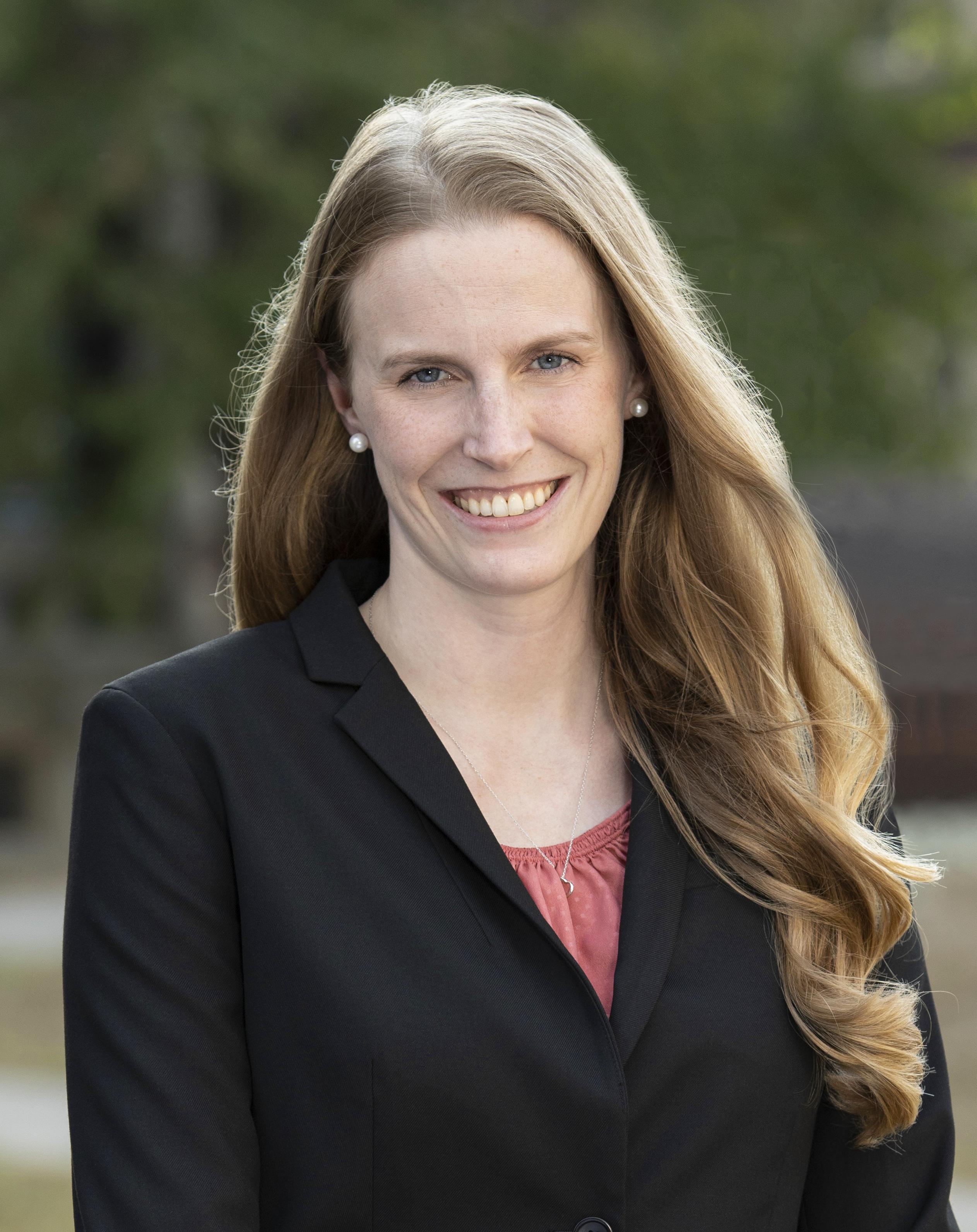Symposia
Cognitive Science/ Cognitive Processes
3 - (SYM 109) Cognitive Bias Modification for Interpretation as an Adjunctive Smartphone-based Intervention
During Intensive/residential Treatment for OCD
- HM
Heather Martin, B.A.
Research Assistant
McLean Hospital
Belmont, Massachusetts - KK
Kara N. Kelley, M.A. (she/her/hers)
Doctoral Student
American University
Medford, Massachusetts - DD
Devin Dattolico, B.S.
Graduate Student
Harvard T.H. Chan School of Public Health
Boston, Massachusetts 
Jennie M. Kuckertz, Ph.D.
Administrative Director of Research
McLean Hospital/Harvard Medical School
Belmont, Massachusetts- AB
Andreas Bezahler, B.S. (he/him/his)
Graduate Student
Fordham University
New York, New York .jpg)
Sabine Wilhelm, Ph.D.
Professor, HMS; Chief of Psychology, MGH; Director, Center for Digital Mental Health, MGH
Harvard Medical School
Boston, Massachusetts
Christian A. Webb, Ph.D. (he/him/his)
Associate Professor
Harvard Medical School & McLean Hospital
Belmont, Massachusetts- HM
Heather Martin, B.A.
Research Assistant
McLean Hospital
Belmont, Massachusetts 
Courtney Beard, Ph.D.
Psychologist
McLean Hospital
Belmont, Massachusetts
Martha J. Falkenstein, Ph.D. (she/her/hers)
Director of Research, OCD Institute / Assistant Professor
McLean Hospital / Harvard Medical School
Belmont, Massachusetts
Speaker(s)
Co-author(s)
Co-Author(s)
Novel augmentations are needed to address the high non-response rate for Exposure and Response Prevention (ERP), the gold standard treatment for OCD. In an effort to improve response rates, one promising intervention target is interpretation bias, the tendency to misinterpret intrusive thoughts as dangerous, bad, or predicting harm. Research supports Cognitive Bias Modification for Interpretation (CBM-I) in targeting this mechanism efficiently and effectively. Prior studies of CBM-I for OCD have been limited to only nonclinical populations and lab settings. We evaluated the feasibility and acceptability of CBM-I as an adjunctive intervention during intensive/residential treatment (IRT) for OCD, hypothesizing CBM-I would be easily deliverable and acceptable, and the CBM-I group would show decreased levels of interpretation bias compared to a control group involving psychoeducation.
In a pilot RCT, we modified a lab-based CBM-I intervention for obsessive compulsive beliefs (Clerkin & Teachman, 2011) for adults seeking IRT for OCD, and randomly assigned participants to receive 8 computerized sessions of CBM-I (n = 22) or psychoeducation (n = 8). The majority identified as female (50%), non-Hispanic White (87%), heterosexual (87%), mean age = 29.26 (SD = 7.58). Pre- and post-training, the Scenario Recognition Task (Mathews & Mackintosh, 2000) measured interpretation, and an exit interview measured acceptability. Benchmarks were met for feasibility and acceptability, including most participants in both CBM-I (87%) and psychoeducation (88%) groups completing all 8 sessions. The CBM-I group showed a large effect for change in interpretation bias (d = .90), whereas this effect was trivial (d = .06) for psychoeducation. We are currently conducting a larger RCT of smartphone-based CBM-I (current N = 14; target N by Nov. = 60) vs psychoeducation and will also present the initial findings from this trial.
This line of research is the first evaluation of CBM-I in a naturalistic treatment setting for adults seeking IRT for OCD. Results suggest that CBM-I is a feasible and acceptable augmentation to an IRT program for OCD. Limitations include the lack of racial and ethnic diversity in the sample. Our ultimate goal is to contribute to the development of novel, scalable technology-driven augmentations to ERP for OCD.

